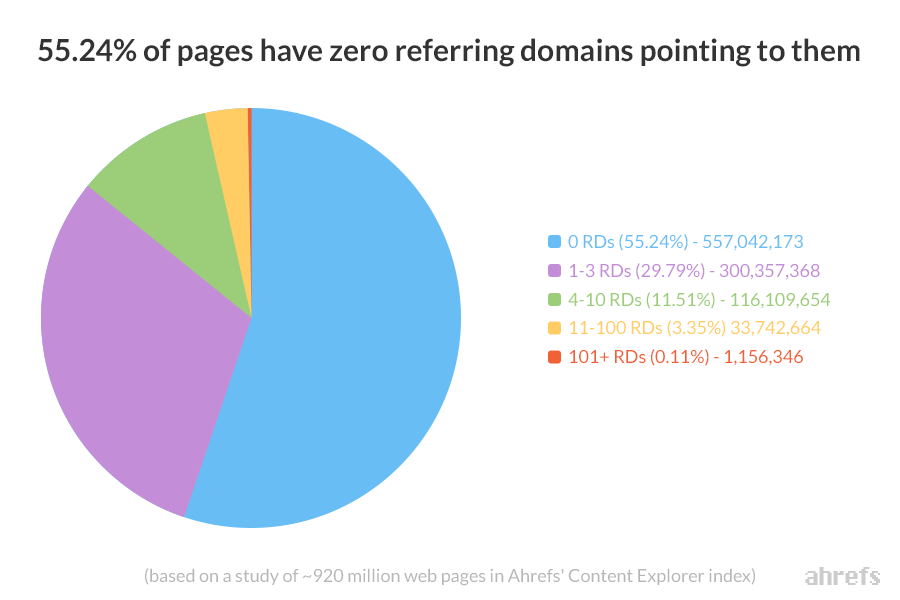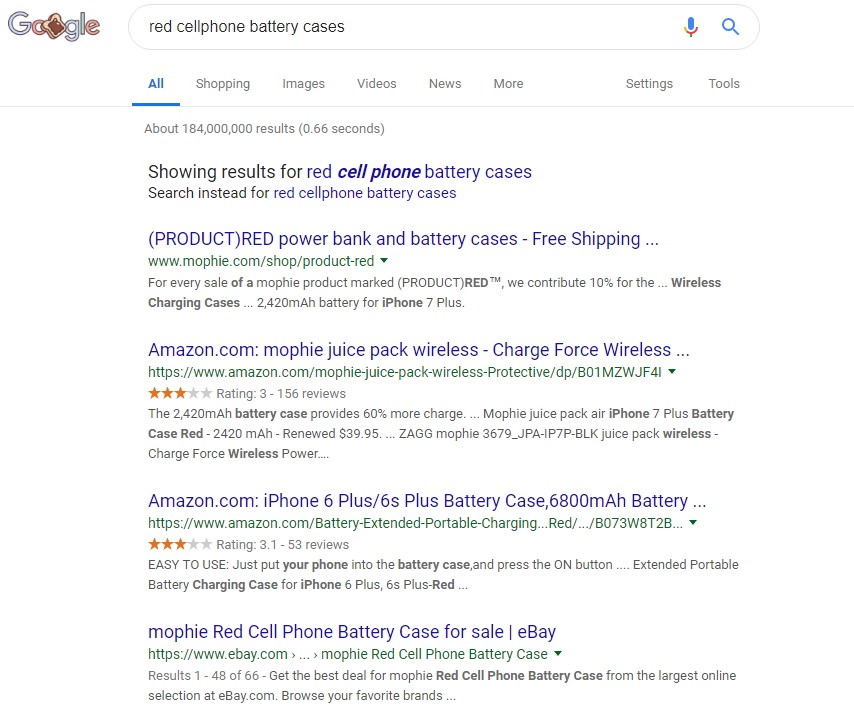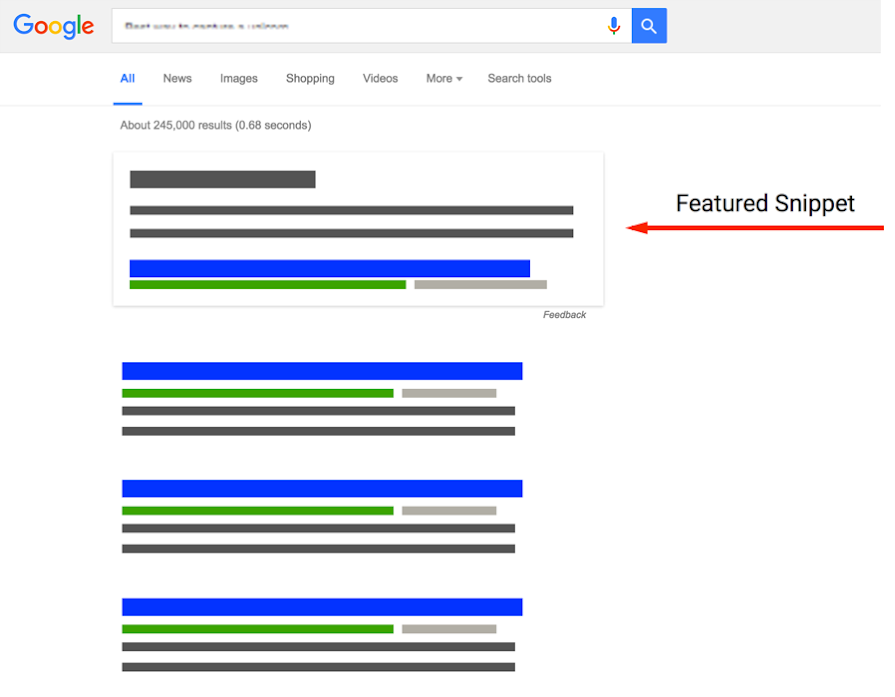— May 20, 2019

For merchants in the e-commerce space, having great Search Engine Optimization (SEO) can make or break your profit margins. After all, you have to get traffic to your site and product pages no matter what, and there are only two ways to achieve this: either you pay for it (ie. Google AdWords) or you get it for free, which entails doing SEO well. In the long run, great SEO will return months, if not years, of unpaid traffic which will free up more budget for other aspects of your business.
Of course, achieving great SEO is easier said than done, and there are many (many!) posts across the internet to help boost your rankings in various ways. But one thing a lot of these write-ups miss is how affiliate marketing can help with your SEO. We always like to say that working with affiliate reps is an effective way to outsource your marketing team, and there are ways to work with your reps specifically on SEO-related activities. Here are 4 ways to work with your affiliates to boost your e-commerce SEO.
1. Create authoritative, evergreen content.

Generating content is just table stakes for any e-commerce business, especially ones that have an affiliate marketing channel. If your blog posts or images or videos are dull and uninformative, even if affiliates share it, it won’t get any traction. Content is still king, and good SEO always starts here. If you do nothing else to boost your SEO, at least create good content.
Specifically, create authoritative and evergreen content. Let’s break these two adjectives down:
Authoritative content means it comes from an expert. For us, we’re experts at all aspects of affiliate marketing (eg. our guide to getting affiliates via Instagram). But that’s a given. A more practical approach is to think about it this way: it’s information you can’t get anywhere else, usually because you generated it yourself. For example, if you mine your client data and come up with industry benchmarks, that is useful and unique information. It’s inherently authoritative and sure to garner attention, and better yet, links.
Evergreen content means it will still be relevant years from now. This is tough since the pace of technology and the internet runs so fast, but it’s also industry specific. A comprehensive guide on SEO might need to be updated every year, but a guide to identifying trees will probably last forever. Think about content in your niche that can last, and they will pay dividends as they continue to bring in more links, and traffic, that will boost your SEO score year over year.
2. Generate important backlinks to your product pages.

Here’s a crazy stat: according to ahrefs.com, a whopping 91% of content on the internet gets no traffic from Google. Not a single visitor! And they surveyed about a billion web pages. One of the main reasons?

That’s right, over half the pages that didn’t get any traffic had zero links pointed at them. We’ve known for decades now how important backlinks are to getting traffic to your site, but now we know that not having them can be a death sentence for your product pages.
Building a stable of high-quality backlinks might be the most helpful SEO boost that your affiliate reps can produce. And the beauty is that it’s built right into what affiliate marketing is: they have to link back to the products that they are marketing on your behalf. And each one of those links not only directs traffic to that page on your site, but adds to the overall authority of your website (more links generally equate to higher authority) which means a higher ranking on Google’s search results page.
A few tips on making the most out of these backlinks from your affiliate reps:
- Make sure that the anchor text they use is descriptive. Instead of making the text a generic “click here,” urge your reps to link back to your pages with significant keywords. “Highly rated and recommended iPhone cases” is the type of phrase that should be underlined in blue.
- Dissuade links from “low quality” origins. Not all links are created equal. Make sure your reps are linking to you from within well-written and compelling content and not, say, from the comments section of some random blog. If they want to link from these “low quality” places because they might be good for conversions, ask them to use no-follow links that won’t ding your site:
<a href=”http://www.website.com/” rel=”nofollow”>Link Text</a>
- Utilize Google Search Console to manage your links.
Logging into your Google Search Console will provide an easy way to check out which sites are sending you the most backlinks and the top linking text that’s associated with this traffic. It’s a great, free way to keep tabs on the state of your backlinks.
3. Social media’s correlation with, or causation of, SEO boosts.
Google doesn’t disclose what goes into their special sauce of how they rank websites on their search results page. Sure, we know the broad strokes of what matters for SEO, and we might even know the smaller details. But we don’t really know everything, especially how much certain aspects are weighted against each other.
The impact of social media likes and shares is one of those hotly contested aspects in SEO circles. Ostensibly, we all know that lots of social media activity is correlated with a boost in rank. But many experts argue that this increase is a side effect of simply having more backlinks when content is shared hundreds or thousands of times over. Then again, Hootsuite conducted a quite thorough investigation of their own and concluded that social media activity alone is enough to boost rank, regardless of backlinks (the entire post is quite fascinating if you’re into this sort of thing). But then again, Google’s official stance is that no, it doesn’t.
We’re not here to resolve this debate. But one thing is clear: leveraging social media can only benefit your SEO, regardless of whether it’s correlation or causation. And to that end, working with your affiliate reps to leverage their individual social networks will seriously impact your SEO and ranking. Some tips in this effort:
- Encourage your affiliates to create great content. Not only should you lead by example and create content to be shared, you should always allocate some time and effort to assist your reps in creating amazing content that features your product or service. Once they do, make sure you ask them to use your hashtag, tag your business, list you in their YouTube video/channel keywords, and add a linkback in the post description.
- Go on their podcast or vlog. Many social media Influencers may be reluctant to inorganically talk about or link to your products. Even before you establish a partnership relationship with them, ask to appear on their podcast and/or vlog to discuss a subject that would engage their followers. It’s a more organic way to have a reason to link back to your site as well as increase brand recognition.
- Encourage resharing/reposting. A good piece of content shouldn’t be a one-and-done situation. After all, a post today will only reach a fraction of any affiliate rep’s social circle. Remind them of, or help them schedule out, resharing and reposting. Today, three days, a week, a month, 3 months, 6 months, a year.
4. Dominate the top of Google (and voice search).

It’s tough for a single company to own the top spots on Google’s search results page for a given query (that’s not their own brand name), but it can be done much easier if you tag-team the effort with your high profile affiliate reps. Here’s an example of what we mean:

A search for “red cellphone battery cases” resulted in links for Mophie, Mophie on Amazon, and Mophie on eBay. That’s some excellent SEO done by Mophie’s team; they own 3 out of the 4 top spots not with their own domain, but with the assistance of others.
Likewise, optimize around the keyword phrase of your choice and work with your affiliates with high-profile sites to create content that will similarly own the top spots. You can’t copy and paste a blog post, since Google abhors duplicate content, but similarly authoritative and evergreen posts can help.
And another benefit of this tactic? You’ll have optimized to show up on voice search results, since 75% of the spoken results on Alexa, Google Home, and Siri come from results that rank in the top 3 for that query. A couple of additional tips here as well:
- Make sure your affiliates optimize their content to encourage a paragraph becoming a Featured Snippet.

Google tends to pull a 45-word paragraph from a highly ranked page to feature as an answer to queries, especially if the query is a question (ie. “how do I…”) and the paragraph is a direct answer to that question. Thus, it’s beneficial to tell your affiliates to add concise Q & A sections to pages that are already ranking highly. And again, these Featured Snippets are often pulled for voice search answers.
- Finally, encourage basic SEO. If your affiliate reps are creating a lot of content for you, it’s a good idea to run an SEO bootcamp to help them understand the importance of title tags, descriptive alt text for images, ideal length of posts, and the like. As we started with, your reps can be considered your outsourced marketing team. Help them help you!
Your business can exponentially increase your SEO by working closely with your affiliate reps who operate their own sites and own social networks. With intelligent utilization of backlinks, quality content, social media, and tag-teaming your best keywords; you have a much better chance of rising to the top of Google than acting all on your own.
Digital & Social Articles on Business 2 Community
(36)
Report Post







